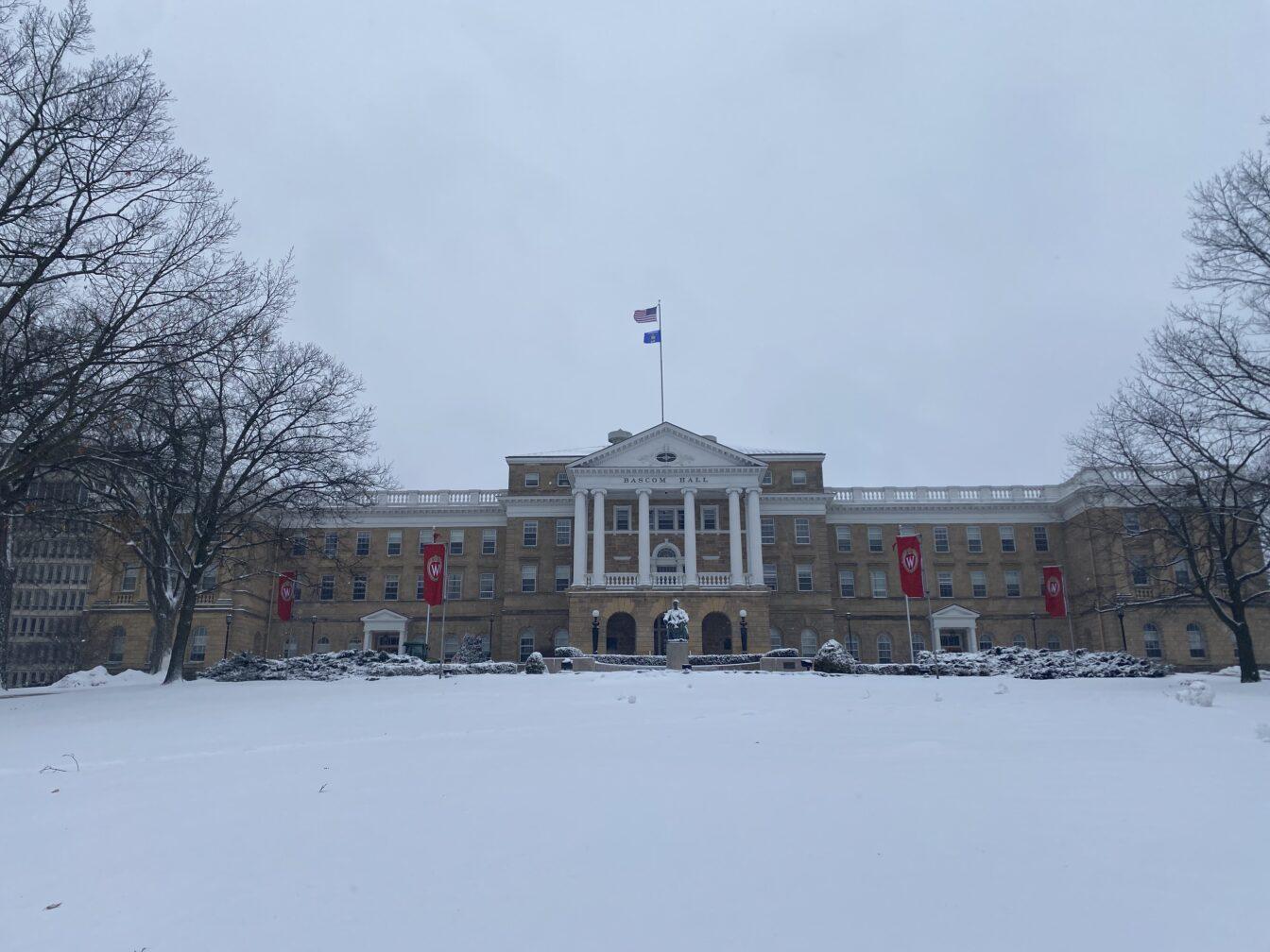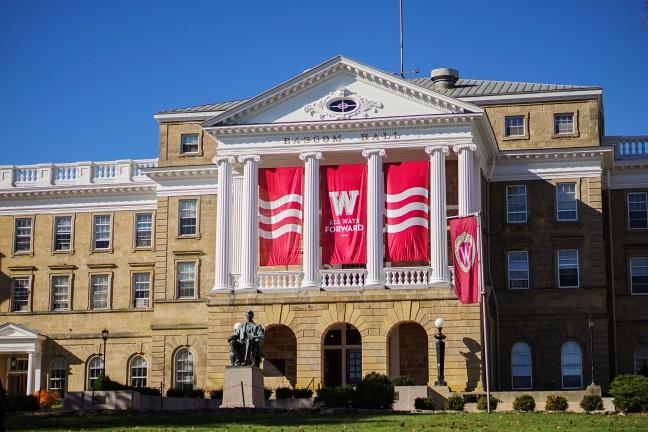Despite all evidence to the contrary, the University of Wisconsin’s next chancellor will not enter Bascom Hall this July with a blank slate.
Acting U.S. Secretary of Commerce Rebecca Blank, the economist on her way to becoming UW’s next chancellor, will inherit a complex political situation that this board dubbed a “crossroads” early in the search. Her immediate predecessor, Interim Chancellor David Ward, has maintained the university’s status quo and managed university affairs with dull passivity. Biddy Martin, the administrator Ward replaced, came to UW with such an enthusiasm for UW and her own ideas that she appeared never to fully understand the scope of the state’s political complexity.
We hope Blank will bridge these two leadership styles when she moves to Madison later this year.
At this point in its history, UW needs a leader who satisfies every stereotypical buzzword – dynamic, synergistic, versatile, forward-thinking, accessible. At this point last week, many in the campus and faculty community had implied that Michael Schill, the dean of the University of Chicago’s law school, was the favorite to fulfill these terms. Blank’s candidacy, however, was always the most attractive on paper because of her experience as a public servant and member of President Barack Obama’s cabinet.
First, the good news: Blank’s curriculum vitae proves her influence at the intersection of academics and public policy. This was arguably the most crucial quality for a candidate in the wake of Martin’s troubles with the New Badger Partnership. Blank also was the only candidate who claimed experience at UW; she was a visiting fellow in the economics department in the 1980s.
And the bad news: Not everyone in the UW community is thrilled with her selection. Noted higher education scholar and UW professor Sara Goldrick-Rab wrote that Blank’s campus visit left her wanting Schill to take the job, and many members of different ideological camps on campus were left with the impression that Blank would not bring the kind of “dynamic” leadership Schill showcased during his headline-grabbing visit. Her answers to this board’s questionnaire were among the most vague we received.
It is difficult to complain about a chancellor with the kind of credentials Blank has, though. This board refrained from endorsing a finalist, but we did believe the two best candidates were Blank and Schill.
For this reason, we are cautiously optimistic that Blank will provide UW with the strong leadership it has so desperately craved for the last several years. Her name has attracted positive national attention to Madison, but that alone will not be enough to make her a great chancellor. For all the praise her selection has drawn, she still has to prove herself capable of leading UW.
If Blank is to succeed at UW, she must curate the bipartisan connections established Monday with the state government (Gov. Scott Walker called her a “great pick”) and make difficult decisions related to economic accessibility and prestige in a way that satisfies alumni, students, faculty, lawmakers and Wisconsinites in general. She must also act as a force for good in the undergraduate community that believes strongly in UW’s history of shared governance.
It is an arduous task, but so is a walk up Bascom Hill.












